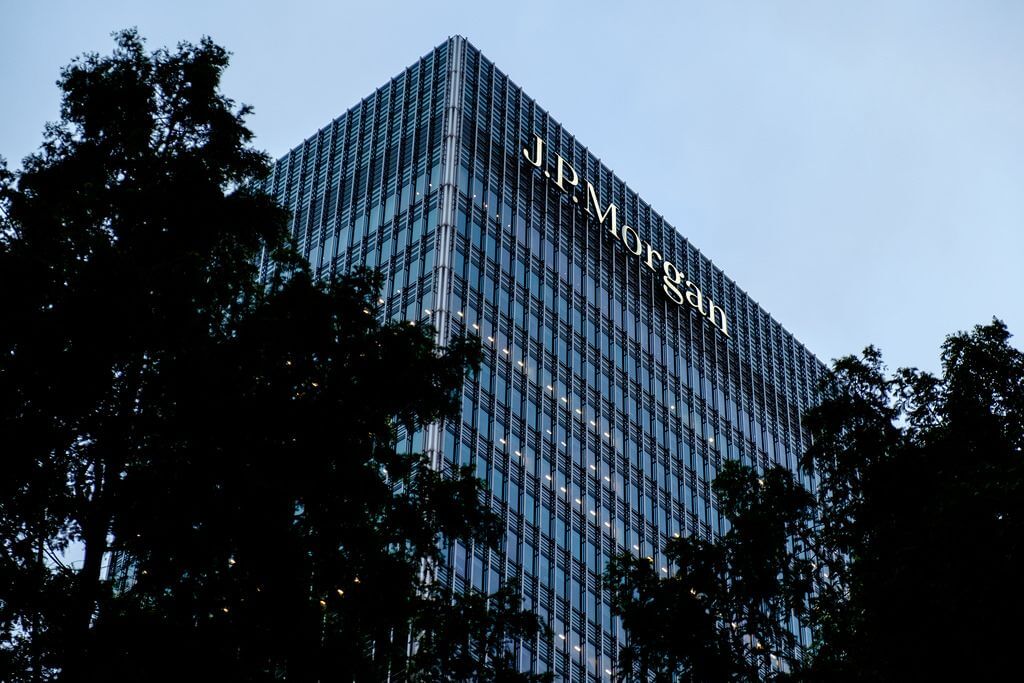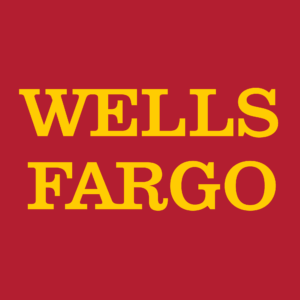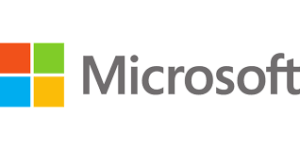
Some of the most vehement critics of cryptocurrencies and the blockchain technology have come from some of the largest companies in the world. Much of the enthusiasm and adoption has to a great extent been driven by smaller companies and start ups.
But the tide is slowly changing. JP Morgan whose CEO Jamie Dimon once called bitcoin a fraud is now among the many corporations exploring the possibilities with the new technology.
1. JP Morgan
JP Morgan which is now valued at about $2.7 trillion now has its own blockchain platform called Quorum, an enterprise version of Ethereum which the company is contributing to the community.

The collaborative project is meant to address challenges in the blockchain technology that might be impeding adoption, particularly in the financial industry.
Quorum is deliberately open source to increase its appeal to other institutions. Pfizer, the pharmaceutical giant and IHS Markit are just some of the big companies which have expressed interest in the platform.
JP Morgan is hardly the only company in the Fortune 500 considering blockchain.
2. Berkshire Hathaway
Berkshire Hathaway, the American investment firm is already dabbling in blockchain. Its chairman Warren Buffet is one of the strongest critics of cryptocurrencies at one point comparing investing in them to taking rat poison.
This has not however prevented BNSF Railway Co, a unit under Berkshire Hathaway from experimenting with the technology. BSNF was one of the first companies to join the Blockchain in Transport Alliance, a body with 200 companies seeking to find the best way to use digital ledgers to streamline the transport industry. One of the companies owned by Berkshire Hathaway is also planning to use blockchain to track diamonds.
3. Santander
Banks and financial institutions are some of the sectors set to be disrupted by blockchain. As expected, they are not taking it lying down. Several banks and financial service providers are at various stages of exploring how blockchain can be used to streamline financial workflows.
Europe’s largest bank, Santander already has a blockchain based payment app that can be used to make cross-border payments. The product built using Ripple’s xCurrent technology is already in use in four countries.
4. ICBC
Blockchain products are also emerging from some of the unlikeliest locations. China’s ICBC Bank recently filed for a patent to authenticate certificates through a sharable blockchain. The innovation will improve efficiency in the issuance of certificates and save users the hassle of having to file the same document several times. This is remarkable because China banned cryptocurrencies and related activities last year.
5. Wells Fargo
Wells Fargo’s project to improve the “speed and efficiency of correspondent banking payment reconciliation and settlement” using blockchain has been running since 2016.

In comments he made in 2016 global product manager Judd Holroyde said “there is a clear opportunity to create a better customer value proposition by offering real-time financial transaction status tracking, better visibility on financial institutions’ fees to and from participating partners, more accurate recovery of fee revenue, and faster resolution of disputed billing transactions.”
6. Bank of America
Bank of America has not been left behind. A patent application filed as recently as April seeks to replace its internal data sharing systems with blockchain. Known as a permissioned blockchain, the product which has limited access will be used to record as well as authenticate data, both personal and business. The system will also record logs.
7. Apple
Tech giant Apple has also filed a patent to timestamp transactions, revealing its intention to use blockchain in some of its processes. The company which has assets valued at about $367 billion had not made its plans known before the patent application.
8. Microsoft
Microsoft is yet another major company positioning itself as a leader in blockchain technology. The tech giant sees the potential use of blockchain in cyber security particularly for the financial sector. It released a range of tools in May 2018 that can be used by developers working with distributed ledgers.

The Azure Blockchain Workbench can significantly reduce the time it takes for companies to develop blockchain based apps, Microsoft says. Food distributor Nestle is just one of the companies which are already taking advantage of the platform.
“Workbench gets customers started quickly by automating infrastructure setup, so developers can focus on application logic, and business owners can focus on defining and validating their use cases,” says Mathew Kerner, Azure’s general manager.
9. Mitsubishi UFJ Financial Group
Bank of Tokyo Mitsubishi UFJ, an arm of one of the largest financial group Mitsubishi UFJ Financial Group is at an advanced stage of testing its own blockchain platform complete with digital tokens called MUFG coins. The project is now roping in over 100,000 of its customers who will swap their funds for the coins. The aim to speed up transaction speeds.
10. Facebook
Social media giant Facebook is also in the game. Some of its more experienced executives are being shifted to focus more on blockchain technology, the company announced. An entire team has already been constituted.

Naturally, Facebook which is reeling from the recent data breach is shopping for solutions to better safeguard user privacy.
Despite public pronouncements against cryptocurrencies which are powered by blockchain technology, there is no shortage of companies exploring the real potential of blockchain.
It’s only a matter of time before we see real products being rolled out.

